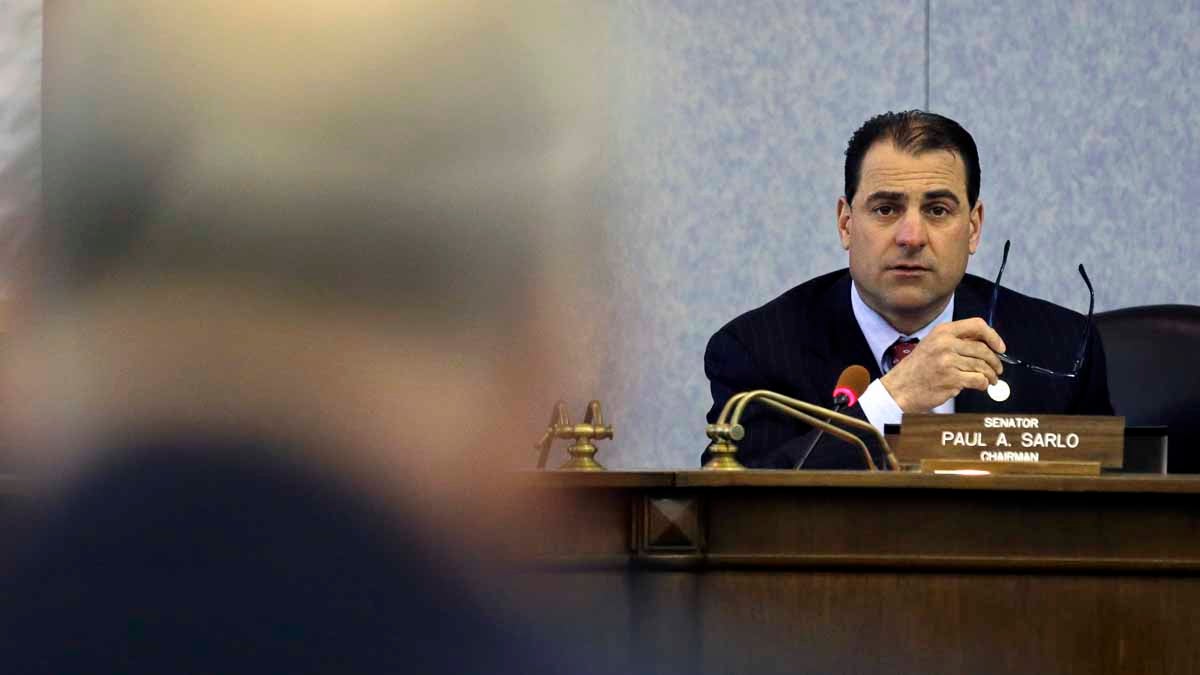NJ budget experts says state can’t afford required pension system contributions

New Jersey Senate Budget Committee chairman Paul Sarlo said difficult decisions await lawmakers. "The day of reckoning is here," he said Tuesday.(AP file photo)
New Jersey officials are awaiting a ruling from the state Supreme Court on a lawsuit by public workers unions seeking contributions to the pension system that the state has not planned for this budget year or next.
Legislative Budget Officer David Rosen told the Senate Budget Committee Tuesday it would be impossible to make another $1.6 billion pension payment this fiscal year, which ends June 30, because most of the money in the budget has already been spent.
“I don’t think — if we furloughed the entire state workforce for the rest of the year — we could get enough money,” he said. “And we wouldn’t be allowed to do that under federal labor law and other constraints and contracts that we have with them.”
State Treasurer Andrew Eristoff says if the court orders an additional $1.8 billion in pension payments in the fiscal year beginning in July, “big-money” programs in the proposed budget could be cut.
“The big money is in various forms of local aid. It’s in things like higher ed. It’s in things like education,” he said. “It’s in things like hospital aid and the like.”
Senate Budget Committee chairman Paul Sarlo said the state faces tough choices.
“Regardless of what the courts rule, difficult decisions are going to have to made on how to make these pension payments, fund the Transportation Trust Fund,” he said. “The day of reckoning is here.”
WHYY is your source for fact-based, in-depth journalism and information. As a nonprofit organization, we rely on financial support from readers like you. Please give today.




